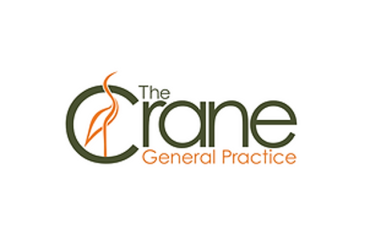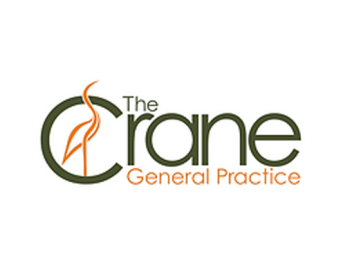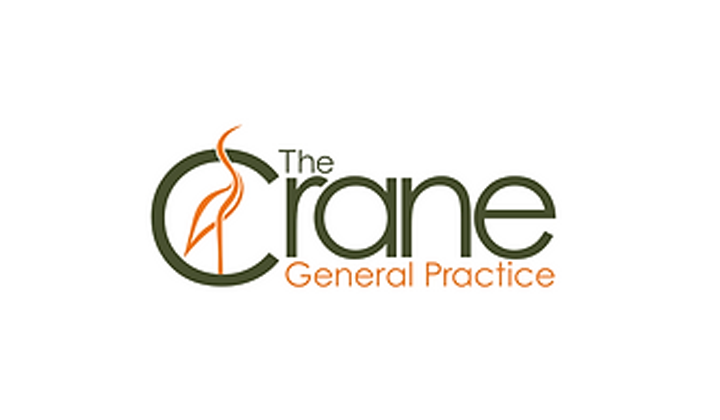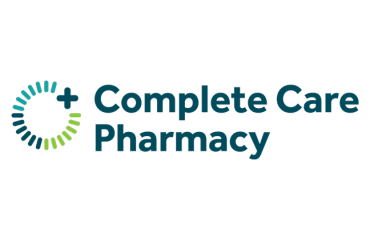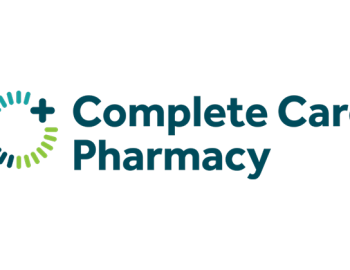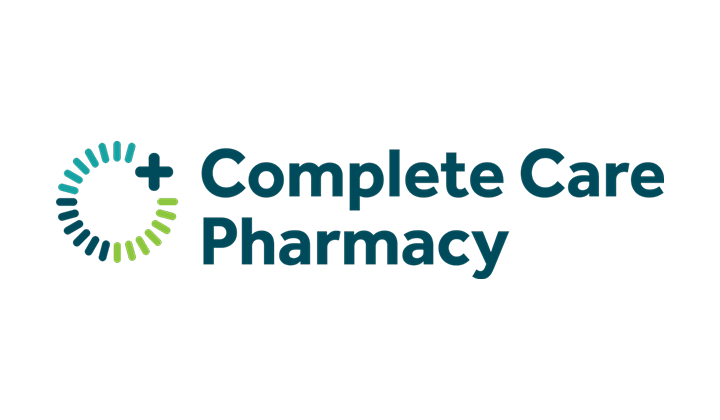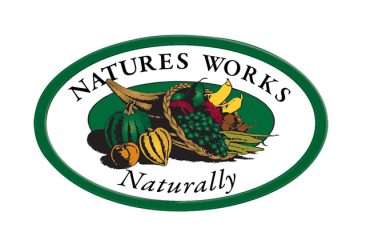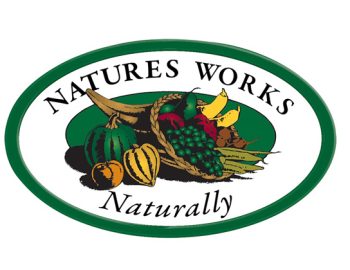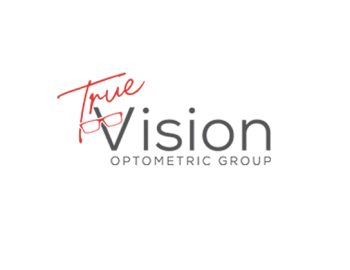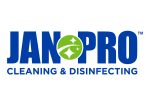
Description
Food allergy occurs in approximately 1 in 20 children. According to the Allergy Unit at Sydney’s RPA Hospital, the second most common food allergy in children is to peanuts. So what are some of the ways to protect children if they have nut allergies? Here are three examples.
1. Make your childcare centre or school nut-free
Implementing a nut-free policy can help to minimise the risk of allergic children coming into contact with nuts, although you can’t absolutely guarantee that a stray peanut won’t creep into a lunchbox. The policy might include having warning signs up, sending letters home to parents about the dangers of nut allergies, packaging up any nut products that do make it into lunchboxes and sending them back to parents with a reminder, and having children with allergies eat away from other children.
Good hand hygiene protocols are also important. Ensure that your childcare centre or school has policies in place for hand washing, particularly before and after meals, as even touch can trigger a reaction in some cases.
2. Check the cleaning products that are being used
Implement good cleaning practices for your facility, including the use of commercial cleaners and policies on hand washing and cleaning up spills during the day.
Ensure you have a commercial cleaning service that has appropriate cleaning protocols in place to prevent cross contamination, and uses products that are safe for children with peanut allergies.
Any spills or crumbs from nut products that are on tables should be cleaned up immediately with a cloth and a cleaning product. Hands should be washed regularly, using soap and water. Many childcare centres and schools have antibacterial gels for hand cleaning, but these are not enough when it comes to protecting children with nut allergies. While they kill germs, they do not remove the peanut residue that can cause a reaction.
3. Educate children and make sure they carry appropriate medication
Educate children about nut allergies, and explain the types of products that can contain nuts, so they are knowledgeable and aware of what can and can’t be eaten if they or a classmate has an allergy.
Teach children to ask an adult if they’re not sure about eating something, and emphasise that they should never share other children’s food or eat something without checking exactly what it contains.
Always ensure a child with a nut allergy has the appropriate medication available should they come into contact with or ingest nuts.
Educating children about their medication is also important, so they know how to administer it properly if alone, or how to ask for help.
Nut allergies are on the rise in Australia and with all children needing to attend a childcare centre or school at some point in their early years, it is important to ensure processes are in place to protect them.
Map View
Location
Posted By
admin
Offline Now
- Hobart Hobart TAS 7000 Australia
- 1300 526 776
- jan-pro.com.au/
Posted By
admin
Offline Now
- Hobart Hobart TAS 7000 Australia
- 1300 526 776
- jan-pro.com.au/

